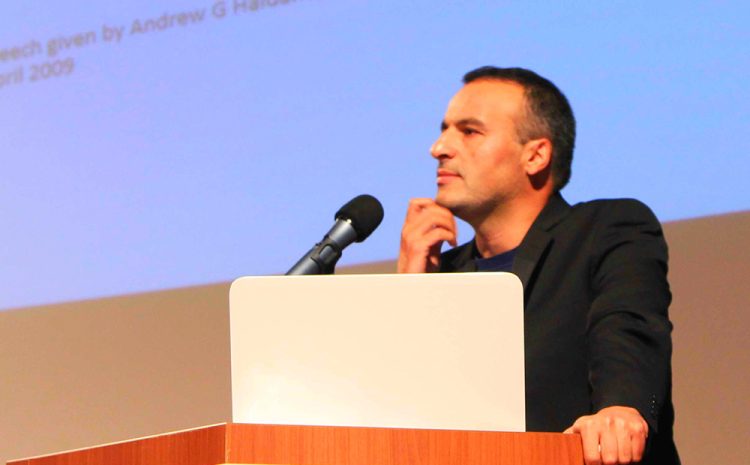
Reviewed by : Farhad Reyazat – PhD in Risk Management, Applied AI CPD in Financial Technology , Oxford University
What We Owe the Future by William MacAskill, published in 2022, is structured into ten insightful chapters, each focusing on a critical aspect of long-termism. This ethical framework emphasizes the importance of safeguarding the future for generations yet to come. The book intertwines philosophical arguments, ethical decision-making, and humanity’s collective responsibility to ensure a better future.
1. The Shape of History: This chapter introduces the notion that the future is vast and that decisions made in the present can drastically shape the long-term trajectory of civilization.
2. Are We Living at the Most Influential Time?: Consider whether our current period might uniquely influence humanity’s future path.
3. Moral Change: Explores how societal values evolve and how these shifts impact future generations.
4. The Case for Longtermism: This paper argues that moral obligations toward future generations should guide present-day decisions.
5. Safeguarding Civilization: This section discusses existential risks, such as nuclear war, pandemics, and climate change, and how mitigating these risks is essential for securing humanity’s future.
6. How to Value the Future: This course engages with different philosophical and economic approaches to assessing the value of future lives and well-being.
7. Improving Institutions: Advocates for reforming political, social, and economic institutions to be more forward-thinking and considerate of long-term outcomes.
8. Technological Transformation: This section analyzes how emerging technologies, particularly artificial intelligence, could significantly influence the long-term future, for better or worse.
9. Building a Better World: Offers actionable strategies and frameworks for creating positive and lasting change for future generations.
10. Paths Forward: Provides practical steps that individuals and societies can take to make long-termism a central consideration in shaping the future.
Review
William MacAskill’s What We Owe the Future is a compelling and intellectually stimulating book that presents long-termism as a moral philosophy with far-reaching implications. The book can weave complex philosophical ideas with concrete examples, making abstract concepts relatable. MacAskill offers a balanced blend of theory, ethical argumentation, and pragmatic solutions, showing readers how their actions today could echo through the distant future.
One of the book’s primary strengths is its accessible writing style, which breaks down complex philosophical topics for a general audience. This makes it an essential read for anyone interested in ethics, philosophy, social responsibility, or global issues. MacAskill writes with a sense of urgency, convincingly arguing that we may be living in one of the most pivotal periods in history. However, this central thesis may feel speculative to some readers, mainly when he discusses the potential threats posed by artificial intelligence and other emerging technologies. Some critics argue that while these risks are accurate, the book might place too much emphasis on them at the expense of more immediate concerns like poverty, inequality, and climate change.
Despite this, the book remains a powerful call to action for those interested in shaping a better future, particularly academics, policymakers, environmentalists, and tech workers. It is also highly recommended for anyone curious about how they can contribute to making the world a safer and more sustainable place for future generations.
Who Should Read This Book:
– Ethicists, philosophers, and scholars interested in moral philosophy.
– Policymakers and individuals working in government or global governance, especially those focused on risk mitigation and future planning.
– Technologists and innovators, particularly in AI, climate tech, and biotech, who want to consider the ethical implications of their work.
– Social activists and environmentalists focused on long-term social and environmental impacts.
– General readers curious about the long-term trajectory of human civilization and how current decisions might shape the future.
Weaknesses:
While What We Owe the Future offers a compelling argument for the long term, it may fall short of providing sufficient attention to near-term challenges, which are critical for many readers concerned with immediate global crises. Additionally, the emphasis on speculative risks, particularly regarding AI, may detract from more pressing, tangible issues like economic inequality and environmental degradation. Some readers may find MacAskill’s projections about the future overly theoretical or abstract.
Conclusion
Despite its shortcomings, What We Owe the Future remains vital for anyone interested in contributing to a more thoughtful and ethical world. It prompts readers to reflect deeply on their individual and collective roles in shaping the long-term future of humanity. The book has garnered praise from notable thinkers, including philosopher Peter Singer and tech entrepreneur Elon Musk, who both recommend it to anyone who cares about humanity’s future and the ethical challenges of our time. Published in 2022, it is set to remain influential for years in philosophical and practical discussions about the future.






No Comments